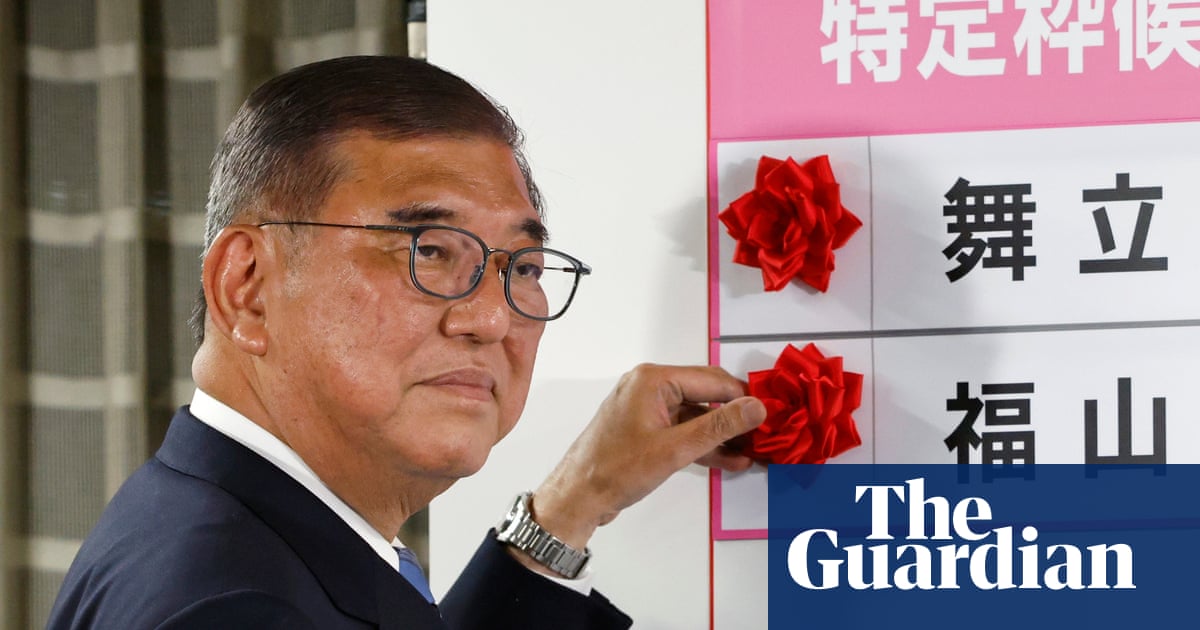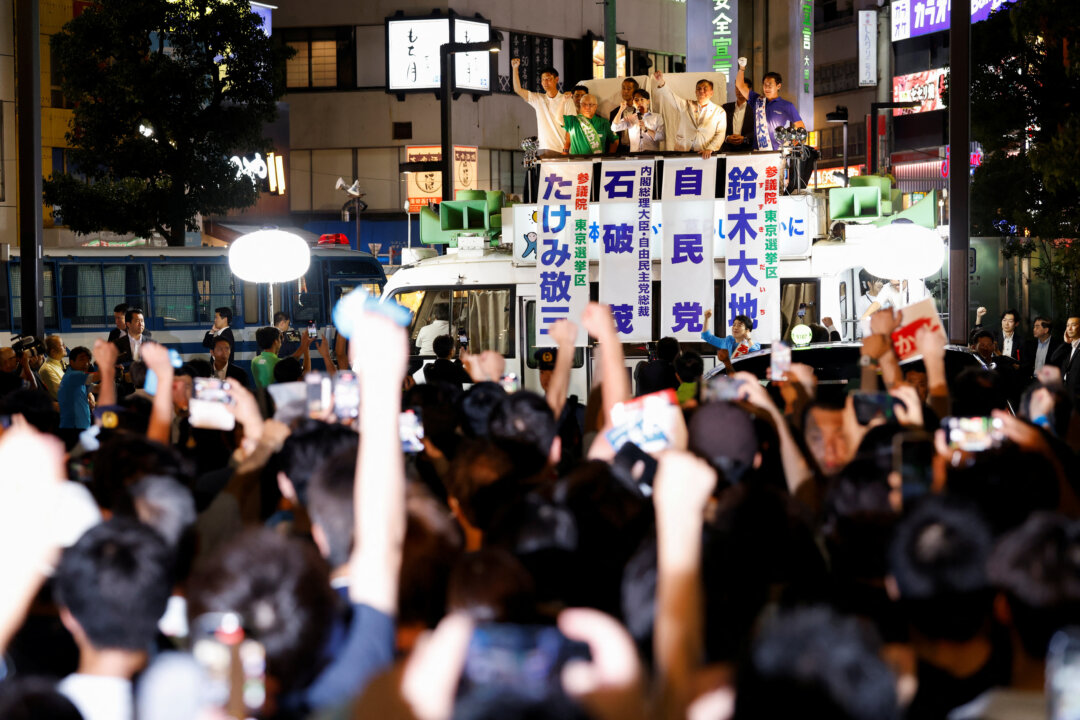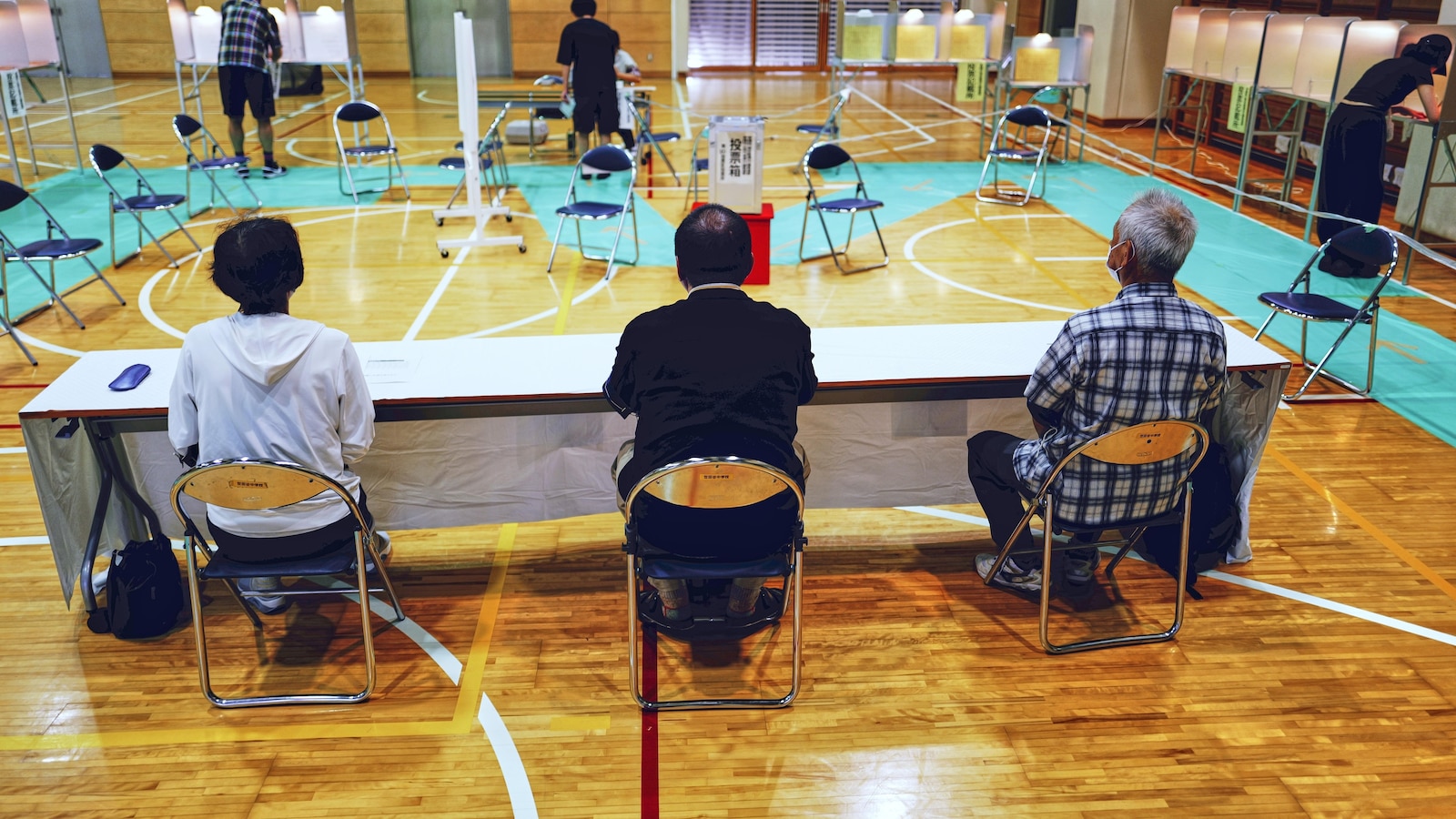Japan's Ruling Coalition Faces Uphill Battle in Upper House Election Amid Voter Frustration and Populist Surge
Japan's ruling coalition, led by Prime Minister Shigeru Ishiba, faces a critical upper house election. Voters are frustrated by economic issues, fueling populist party gains.
Subscribe to unlock this story
We really don't like cutting you off, but you've reached your monthly limit. At just $5/month, subscriptions are how we keep this project going. Start your free 7-day trial today!
Get StartedHave an account? Sign in
Overview
- Prime Minister Shigeru Ishiba's ruling coalition faces a significant risk of losing its majority in Japan's crucial upper house election, potentially deepening the country's political instability.
- Japanese voters are expressing widespread frustration over soaring prices, stagnant incomes, and burdensome social security payments, directly impacting Prime Minister Ishiba's popularity and the election outcome.
- Stricter measures targeting foreign residents and visitors, coupled with xenophobic rhetoric, have emerged as a contentious election issue, sparking protests from human rights activists and concern among foreign communities.
- Frustrated voters are increasingly turning to emerging populist parties like Sanseito, which advocates a "Japanese First" platform, stricter immigration, and opposition to globalism and vaccines.
- Opinion polls suggest Prime Minister Ishiba's Liberal Democratic Party and Komeito may not secure the necessary 50 seats, while main opposition groups remain too fractured to form a united front.
Report issue

Read both sides in 5 minutes each day
Analysis
Center-leaning sources frame the Japan election results as a significant blow to Prime Minister Ishiba, emphasizing the resulting political instability and uncertainty. They highlight voter frustration over economic issues and the rise of right-wing populist parties, collectively portraying the outcome as a "bruising" defeat that could destabilize the government.
Articles (9)
Center (5)
FAQ
Voters are frustrated by soaring prices, stagnant incomes, and burdensome social security payments, which have directly affected their daily lives and eroded support for Prime Minister Ishiba's government[1].
Populist parties, especially Sanseito, are gaining momentum, advocating a 'Japanese First' platform, stricter immigration controls, opposition to globalism, and skepticism toward vaccines, reflecting a broader shift toward nationalist and anti-establishment politics[1].
While the Upper House cannot directly depose the prime minister, a major loss would deepen political uncertainty, increase pressure on Prime Minister Ishiba to resign, and could force the coalition to seek new partners or make concessions to the opposition.
Stricter measures targeting foreign residents and visitors, alongside increasing xenophobic rhetoric, have become contentious election issues, prompting protests from human rights activists and concern within foreign communities in Japan[1].
The opposition remains fractured, with no single group or coalition strong enough to replace the ruling bloc. While populist and smaller parties are gaining seats, the main opposition lacks the unity or numbers to form a government on its own[1].
History
- 3M

 4 articles
4 articles







